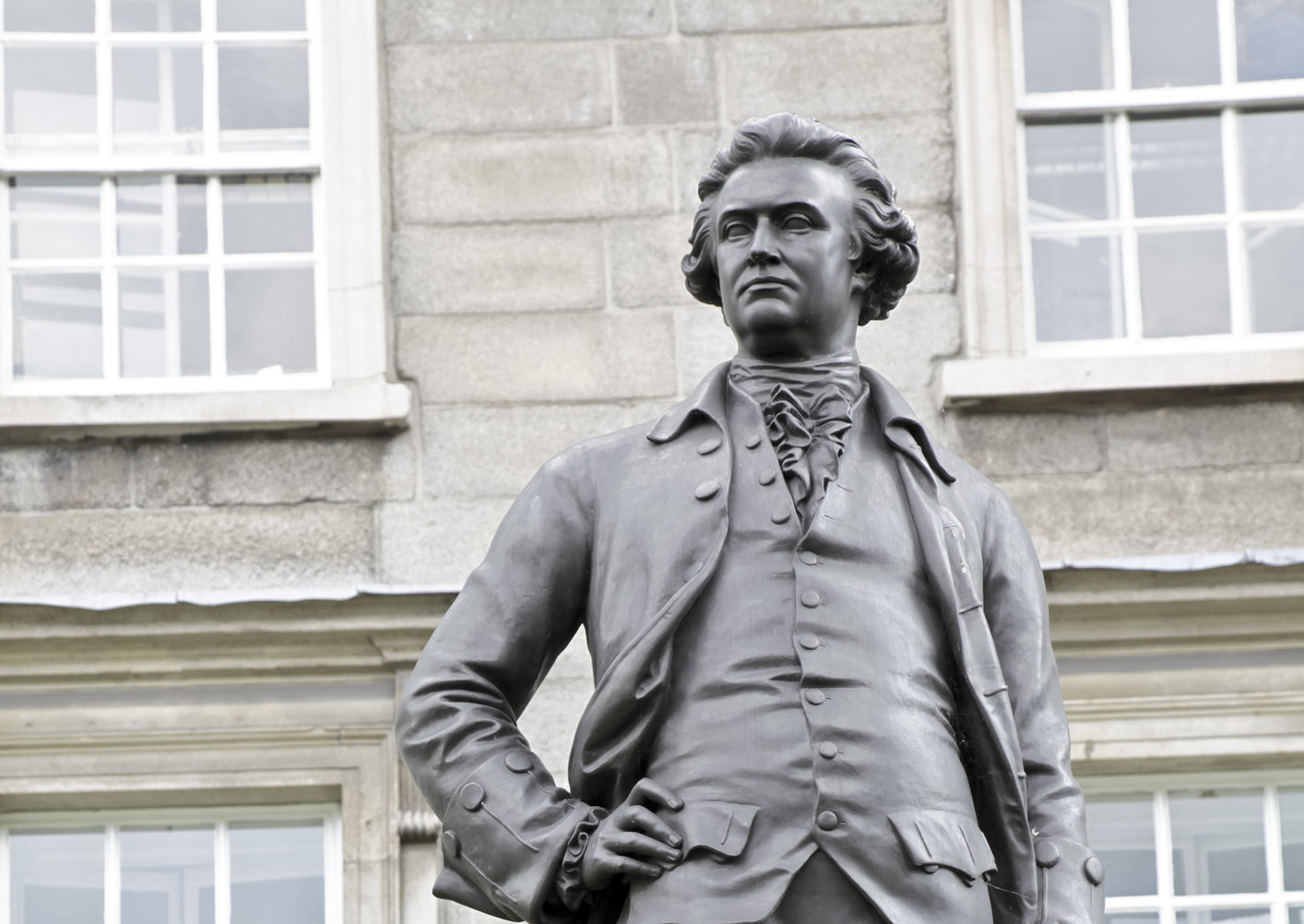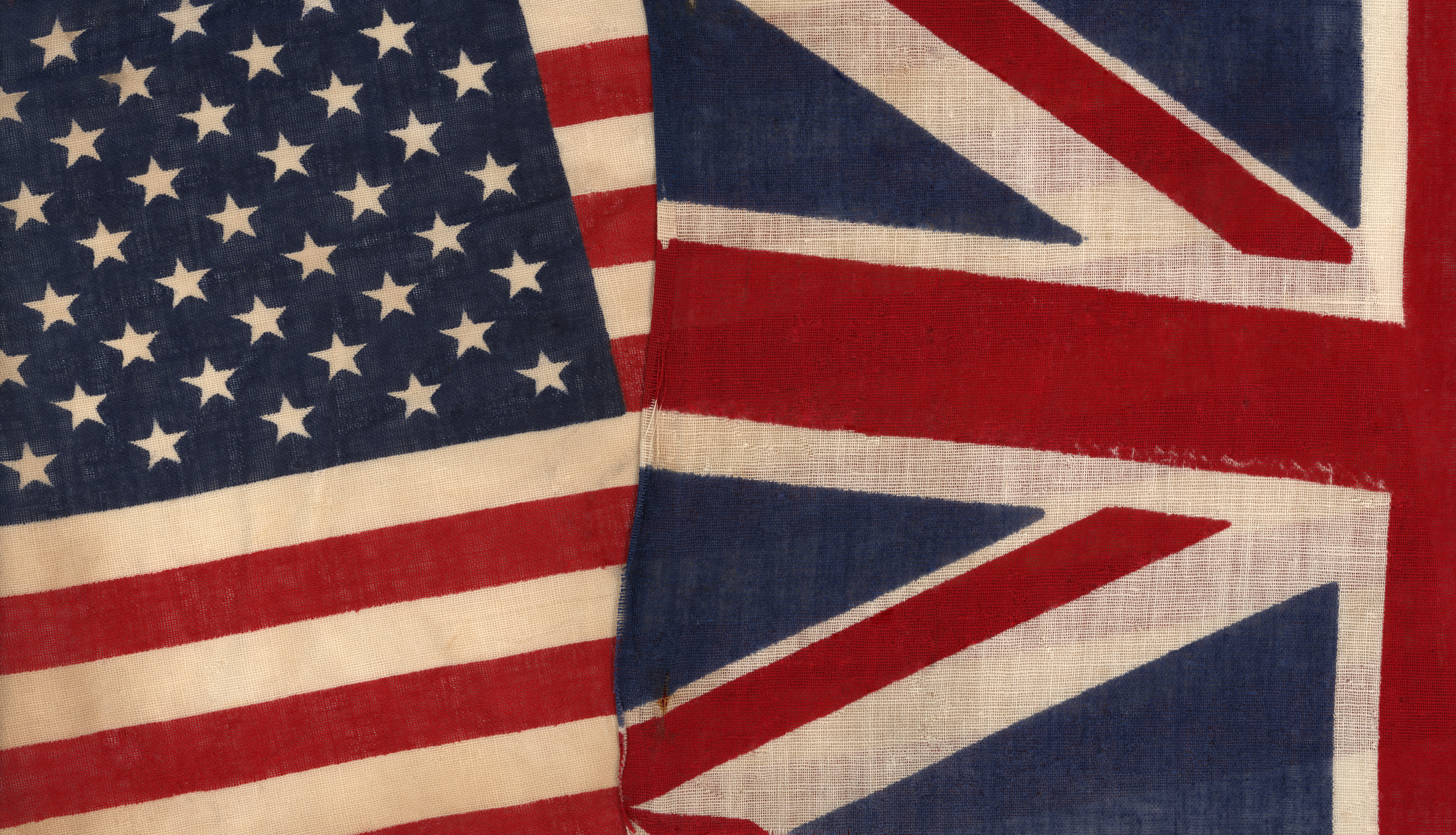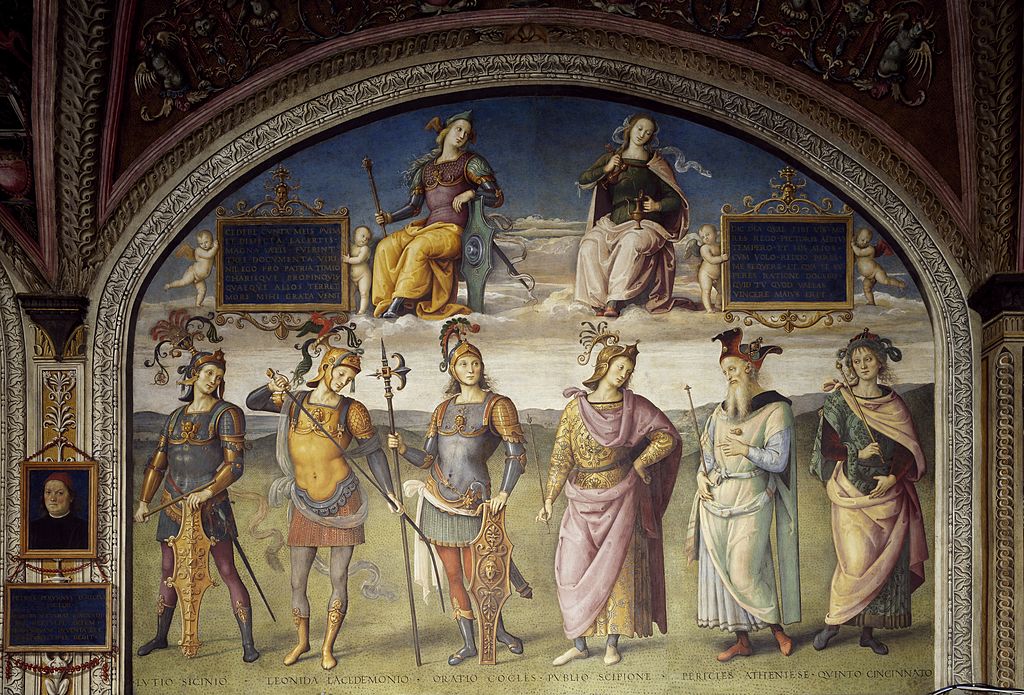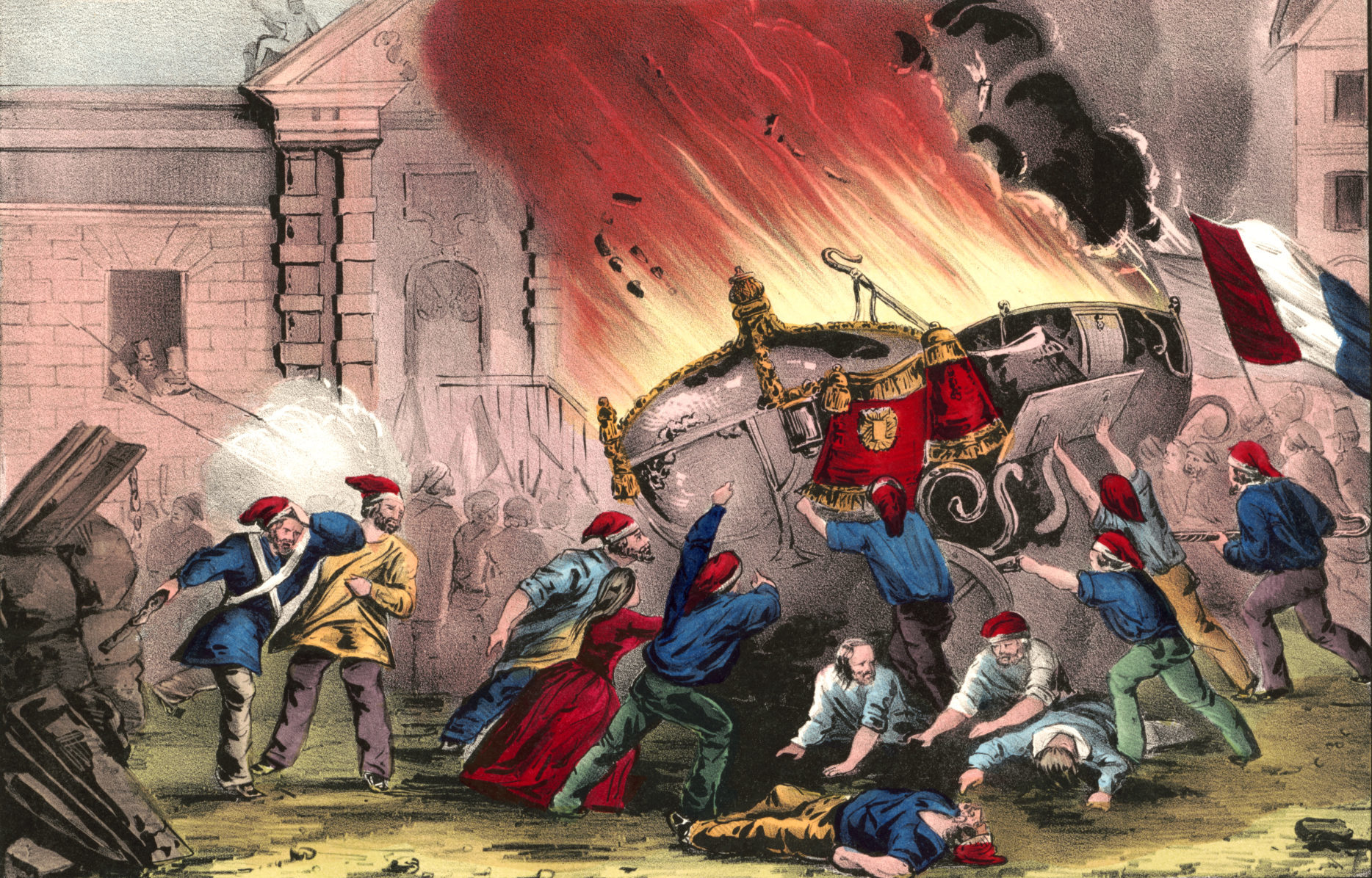Burke, Tocqueville, and Lincoln on the right ordering of society.
Against Perfection

Edmund Burke’s prudential wisdom has much to teach American conservatives.
In his 2019 book The Conservative Sensibility, George Will makes a provocative claim about the relevance—or more accurately, lack of relevance—of Edmund Burke’s writing and statesmanship for the American Right. Yes, Will writes, Burke is a “subtle and profound” thinker, with lessons that “remain germane.” But Burke’s conservatism, he argues, is of the “throne-and-altar” variety, defending long-standing, hierarchical British institutions and practices that have no place in a country like America, where dynamism and social mobility are the regnant values. “American conservatism,” Will concludes, “is not only different from, it is at bottom antagonistic” to the Burkean kind.
This goes too far, as Daniel J. Mahoney’s luminous essay makes clear. Burke’s political thought, especially as advanced in his late prophetic warnings about the French Revolution, offers insights that should be central to any conservative vision of the world. The initial reaction in Britain to the French tumult of 1789 was relaxed; indeed, the revolution had many supporters, including among Burke’s Whigs. But Burke was unsettled. After reading an inflammatory sermon by a nonconformist Welsh minister, implying that the British should follow the French and depose their monarch, he threw himself into writing Reflections on the Revolution in France. Published in November 1790, the book proved a best-selling sensation, advancing an array of arguments on the evil of the French Revolution and where events in France were likely to head. It is rightly considered a classic.
Reflections, and Burke’s shorter subsequent interventions on the revolution, offer powerful formulations of several key overlapping conservative ideas. One is the nature of liberty. For the revolutionaries, freedom was the unleashed will: if the boot of the oppressor (in France’s case, monarchic power structures buttressed by the Catholic Church) could be lifted, the oppressed would soon flourish in a new life of cooperation and reason. Burke’s response was acid. “The effect of liberty to individuals is, that they may do what they please: We ought to see what it please them to do, before we risk congratulations, which may be soon turned into complaints.” In other words, freedom can’t be understood abstractly. “Without wisdom, and without virtue,” asked Burke, what is freedom? “It is the greatest of all possible evils; for it is folly, vice, and madness, without tuition or restraint.” When conservatives speak of moral or regulated liberty, or distinguish between liberty and license, they are drawing on Burke’s example.
The revolutionary notion of freedom ran up against the realities of human nature; utopia didn’t arrive as planned. The reaction of the revolutionaries was violent: their failure had to be due to subversion. “There are now only two parties in France, the people and their enemies,” Robespierre told his fellow Jacobins in May 1793. “All these rogues and scoundrels, who eternally conspire against the rights of man and against the happiness of all peoples, must be exterminated.” The logic of the Terror consumed the French Revolution, as the state put thousands of real and supposed enemies to death from September of that year until the following July, when Robespierre himself would lose his head to the guillotine. Burke was right to see blood and destruction as bound up with the revolution, which anticipated the totalitarian ideological politics of the 20th century.
In keeping with his moral conception of freedom is Burke’s view of the past. Unlike the French revolutionaries, who wanted to destroy tradition and build the world anew, Burke saw the past as a potential source of political strength and knowledge. “People will not look forward to posterity,” he maintained, “who never look backward to their ancestors.” Burke famously described the proper form of government as a “partnership in all science; a partnership in all art; a partnership in every virtue, and in all perfection. As the ends of such a partnership cannot be obtained in many generations, it becomes a partnership not only between those who are living, but between those who are living, those who are dead, and those who are to be born.” At a time when our elites and educators want to teach little children about the fluidity of gender and to rewrite the nation’s history as one of unending oppression and bigotry, a Burkean emphasis on respecting the worthy aspects of our inheritance is newly relevant. Such a sensibility can, and should, extend beyond a defense of throne and altar.
A third conservative idea associated with Burke is that rationalism is dangerous in policy. As Mahoney underscores, Burke was not opposed to reform; it was often necessary, he believed. But because of society’s incredible complexity, which would always escape full human mastery, changes should in most cases be incremental, not all-encompassing. Otherwise, unintended consequences—perhaps disastrous—could follow. Burke’s is a lesson in humility—in contemporary terms, encouraging us to resist the assumption that getting enough smart people together to fix things will invariably work. How many times has that assumption turned out to be catastrophically wrong? Better to approach human affairs in a spirit of prudence, acknowledging the limits of our knowledge, the density of local realities, and the inevitability of occasional conflict among aspirations and ideals. “Circumstances give in reality to every political principle its distinguishing color and discriminating effect,” Burke advised in Reflections. “The circumstances are what render every civil and political scheme beneficial or noxious to mankind.”
There’s much else of worth to American conservatism in Burke’s writings and parliamentary speeches: a defense of the “little platoons” of civil society; an evocation of the importance of religion; a withering critique of the literary intellectuals of his time and how they sought to colonize the organs of opinion; an articulation of the principles of representative government; an eloquent recognition of the importance of mores and sentiment in social life; and a consistent call to check arbitrary power, whether that of the British monarchy, the private predations of the East India Company, or the fanaticisms of the French Revolution. The recent Everyman’s Library collection of Burke’s most important work, edited by the British parliamentarian Jesse Norman, will reward readers with political and moral insights on these themes on page after page. It will reward readers, too, with the astonishing rhetorical force of Burke’s words. The English essayist William Hazlitt, praising Burke’s style, noted that “If there are greater prose writers than Burke, they either lie out of my course of study, or are beyond my sphere of comprehension.”
All this is to say that Daniel J. Mahoney is right to rank Burke among the greatest statesman-philosophers, and to propose that American conservatives can learn much by continued engagement with his thought.
The American Mind presents a range of perspectives. Views are writers’ own and do not necessarily represent those of The Claremont Institute.
The American Mind is a publication of the Claremont Institute, a non-profit 501(c)(3) organization, dedicated to restoring the principles of the American Founding to their rightful, preeminent authority in our national life. Interested in supporting our work? Gifts to the Claremont Institute are tax-deductible.
There is wisdom to be found in obligation.
Prudence looks different on each side of the Atlantic.
A prudential reading of a prudent statesman.
The brave moderation and manly prudence of Edmund Burke.





